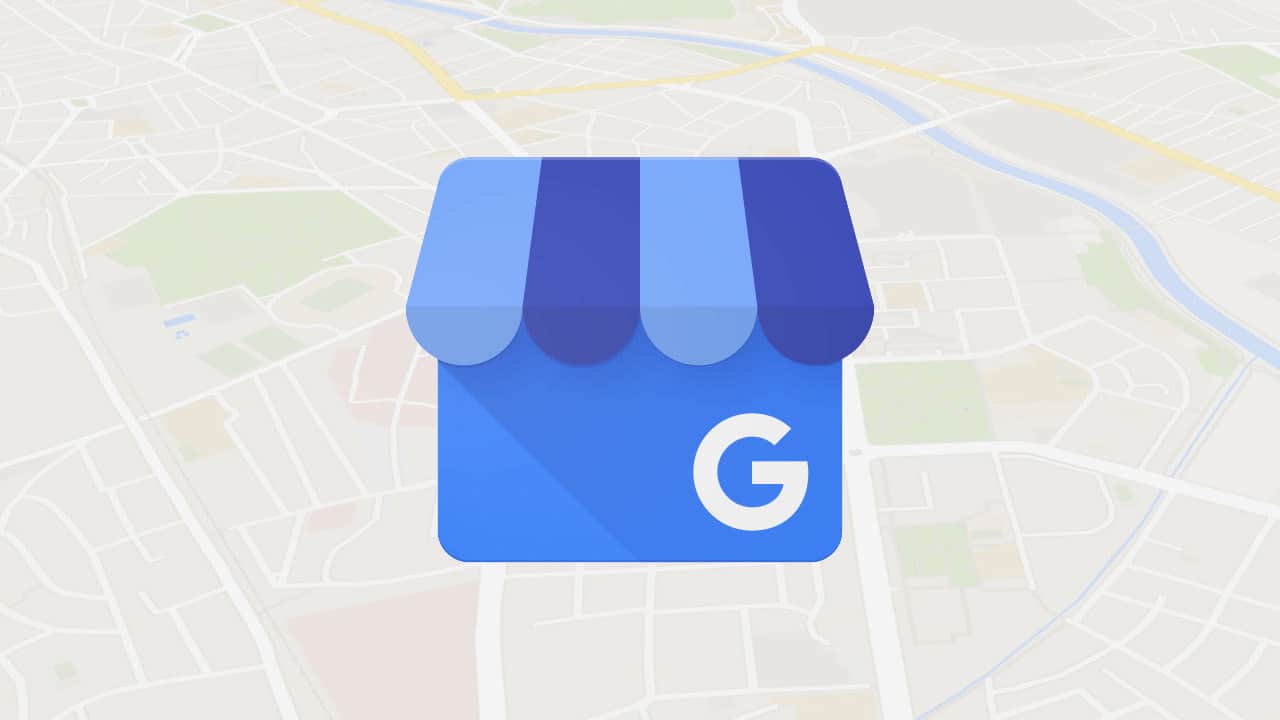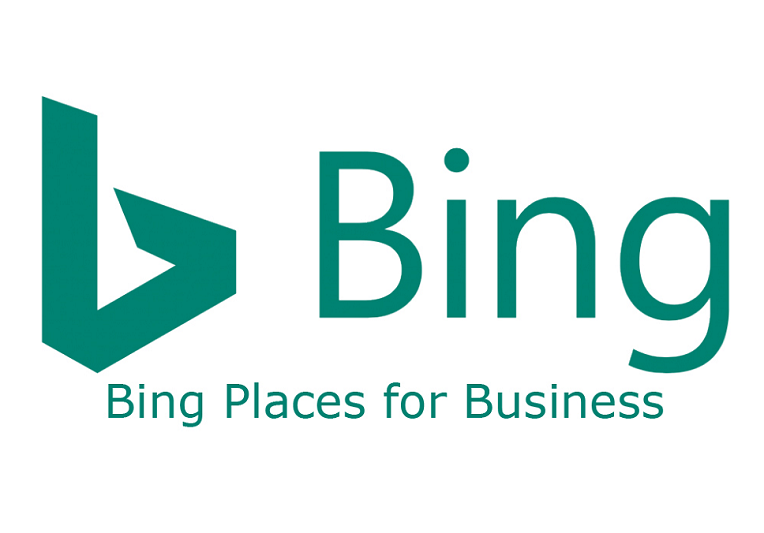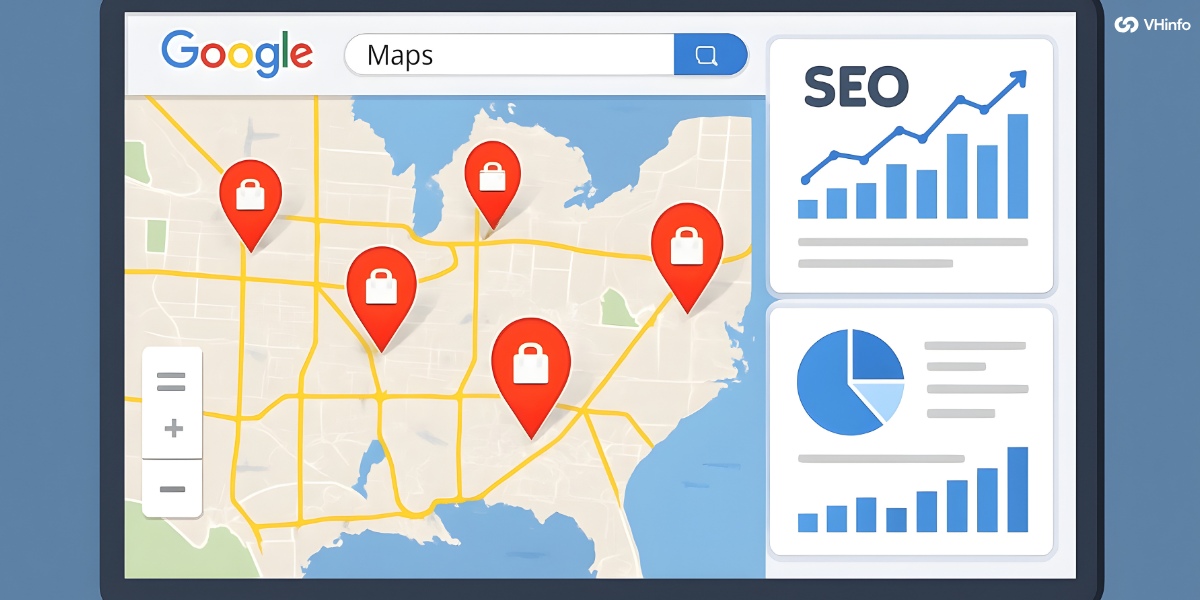In today’s digital age, having a strong online presence is important for local businesses to attract and retain customers. One key aspect of establishing a robust online presence is effective local business listing management.
Ensuring your business information is accurate, consistent, and easily accessible across various online directories and platforms can significantly improve your visibility, credibility, and ultimately, your bottom line.
At VH-info, we specialize in helping SaaS companies build high-quality links and boost their online visibility.
In this comprehensive guide, we’ll dive deep into the world of local business listing management, discussing its importance, key components, best practices, and common mistakes to avoid.
Whether you’re a small business owner or a marketing professional, this guide will provide you with actionable insights to optimize your local listings and stand out in the competitive digital landscape.
What is Local Business Listing Management?

Local business listing management is the process of creating, optimizing, and maintaining your business’s online listings across various directories, search engines, and social media platforms.
These listings typically include your business name, address, phone number (NAP), website URL, business hours, and other relevant information that helps potential customers find and engage with your business online.
The goal of local listing management is to ensure that your business information is accurate, consistent, and up-to-date across all platforms, making it easier for customers to find you and trust your brand.
Importance of Local Business Listing Management

Increased Visibility On SERPs
One of the primary benefits of effective local business listing management is increased visibility on search engine results pages (SERPs).
When your business information is consistently listed across multiple high-quality directories and platforms, search engines like Google are more likely to view your business as credible and relevant, thus improving your rankings for local search queries.
Accurate Information to Customers
By maintaining accurate and up-to-date business information across various platforms, you ensure that potential customers can easily find and contact you.
Inconsistent or outdated information can lead to confusion, frustration, and lost opportunities, as customers may struggle to locate your business or reach out to you.
Favorable Customer Reviews
Encouraging and managing customer reviews is another important aspect of local business listing management. Positive reviews can significantly influence potential customers’ decisions to choose your business over competitors.
Actively keeping an eye on and replying to reviews on different platforms shows that you’re all about making customers happy and it also helps to build trust in your brand.
Better Accessibility
Effective local listing management makes your business more accessible to potential customers.
By making sure you have all the correct and detailed info about your business hours, location, and contact details, it’ll be a breeze for customers to find and swing by your physical store or reach out to you for any questions or to set up appointments. Additionally, integrating social media widgets such as a Responsive Facebook widget, Free Google widget, TikTok widget, etc. makes it even easier for customers to engage with your business across multiple platforms, enhancing accessibility and interaction.
Better Online Reputation Management
Consistently monitoring and managing your local business listings allows you to maintain a positive online reputation.
By quickly dealing with negative reviews, fixing any wrong information, and showing off your business’s strengths with photos and descriptions, you can take charge of the story about your brand and create a solid, reliable online presence.
Get Ranked Higher On Google
Google places significant importance on the consistency and accuracy of your business information across various platforms.
By ensuring that your NAP and other details are consistent and up-to-date on high-quality directories and websites, you signal to Google that your business is legitimate and reliable, potentially leading to higher rankings in local search results.
Map and Navigation Integration
Accurate local business listings also ensure that your business is properly integrated with map and navigation services like Google Maps and Apple Maps.
When customers search for businesses like yours on these platforms, having a well-optimized listing with correct location data and contact information makes it easier for them to find and navigate to your physical location.
Key Components of Local Business Listings

Effective local business listings are more than just your business name and address. They need careful detail and a smart plan for optimization. Key parts include:
- NAP (Name, Address, Phone Number) Consistency: The foundation of a strong local business listing is consistent NAP information. Ensure that your business name, address, and phone number are accurately listed and identical across all platforms. Inconsistencies can confuse both customers and search engines, negatively impacting your online visibility and credibility.
- Business Categories and Keywords: Selecting the most relevant and specific business categories for your listings helps search engines and customers understand the nature of your business. Additionally, including relevant keywords in your business description can improve your chances of appearing in local search results for those terms.
- Business Hours and Operation Information: Providing accurate and up-to-date business hours is essential for a positive customer experience. List your regular hours of operation, as well as any special hours for holidays or events. If your business operates in multiple locations, ensure that the correct hours are listed for each specific location.
- High-Quality Business Photos: Including high-quality photos of your business, products, or services can make your listings more engaging and informative. Visuals help potential customers get a better sense of your business and what you offer, increasing the likelihood of them choosing to visit or contact you.
Can I Do My Own Local Business Listing Management?
While it is possible to manage your local business listings management on your own, it can be a time-consuming and complex process, especially if you have multiple locations or a large number of listing sites to manage. Many businesses choose to use specialized listing management software or services to streamline the process and ensure accuracy and consistency across all platforms.
Top Brand Listing Management Platforms
Google My Business

Google My Business (now known as Google Business Profile) is one of the most critical platforms for local business listing management. Claiming and optimizing your Google My Business listing can significantly improve your visibility in Google Search and Maps, as well as provide valuable insights into customer interactions and reviews.
Yelp

Yelp is a popular online directory and review site that many consumers use to find and evaluate local businesses. Creating and managing a Yelp listing can help you attract new customers, showcase positive reviews, and respond to customer feedback.
Bing Places For Business

Bing Places for Business is Microsoft’s equivalent to Google My Business, allowing you to claim and manage your business listing on the Bing search engine. While not as widely used as Google, Bing still accounts for a significant portion of online searches, making it an important platform to include in your local listing management strategy.
Facebook Business

With billions of active users, Facebook is a powerful platform for connecting with potential customers and building brand awareness.
Creating a Facebook Business Page and ensuring that your business information is accurate and up-to-date can help you engage with your audience, share updates and promotions, and drive traffic to your website.
Apple Maps

Apple Maps is the default mapping and navigation app for iOS devices, making it an important platform for local businesses.
By claiming and optimizing your Apple Maps listing, you can ensure that your business is easily discoverable by iPhone and iPad users searching for businesses like yours in their area.
How Do Business Listing Management Tools Help?

Business listing management tools can significantly simplify and streamline the process of managing your local listings across multiple platforms. These tools often provide a centralized dashboard where you can update your business information, monitor reviews, and track your listings’ performance.
Some key benefits of using business listing management tools include:
- Saving time by allowing you to update your information across multiple platforms from a single interface.
- Ensuring consistency and accuracy of your business information across all listings.
- Identifying and correcting any inconsistencies or errors in your existing listings.
- Monitoring and responding to customer reviews from a centralized location.
- Providing analytics and insights to help you understand how your listings are performing and where you can improve.
Best Practices For Local Business Listing Management

Claiming and Verifying Listings
The first step in effective local business listing management is to claim and verify your listings on all relevant platforms. This process typically involves creating an account, providing proof of ownership or affiliation with the business, and confirming your contact information.
Claiming your listings ensures that you have control over the information displayed and can make necessary updates or changes.
Keeping Information Up-to-Date
Regularly review and update your business information across all listings to maintain accuracy and consistency. Any changes to your business name, address, phone number, hours of operation, or other details should be promptly reflected in your listings.
Consistent, up-to-date information helps build trust with potential customers and improves your search engine rankings.
Responding to Reviews
Actively monitor and respond to customer reviews on your local listings.
Positive reviews provide social proof and can encourage others to choose your business, while negative reviews offer an opportunity to address concerns and demonstrate your commitment to customer satisfaction.
Respond to all reviews, both positive and negative, in a professional, empathetic, and solution-oriented manner.
Utilizing Analytics and Insights
Most local listing management platforms offer analytics and insights that can help you understand how your listings are performing and identify areas for improvement.
Monitor metrics such as search visibility, customer actions (e.g., website clicks, phone calls), and review sentiment to gain valuable insights into your online presence and make data-driven decisions to optimize your listings.
Common Mistakes to Avoid in Local Listing Management
- Inconsistent Business Information: One of the most common mistakes in local listing management is having inconsistent business information across different platforms. Inconsistencies can confuse potential customers and search engines, leading to lower visibility and credibility. Ensure that your NAP, business hours and other details are identical across all listings.
- Ignoring Customer Reviews: Failing to monitor and respond to customer reviews can negatively impact your online reputation and deter potential customers. Regularly check for new reviews on your listings and respond promptly, addressing any concerns or complaints professionally and constructively.
- Neglecting Updates and Monitoring: Local listing management is an ongoing process, not a one-time task. Neglecting to update your listings when business information changes or failing to monitor your listings for inaccuracies or unauthorized changes can lead to outdated or incorrect information being displayed to potential customers. Set up a regular schedule to review and update your listings, ensuring they remain accurate and up-to-date.
Advanced Strategies For Local Business Listing Optimization

To improve your local business listing, you need to use advanced strategies. These methods will help you be seen more, connect with people better, and bring in more customers. It’s not just about claiming and checking your listing anymore. It’s also about getting good customer reviews and using different online platforms wisely.
When you use these advanced techniques, your business can stand out in the digital world. This way, you can be seen as a trusted option in your local market. A strong online presence is a good investment. It can bring long-lasting benefits for the growth of your business.
Utilizing Local SEO Techniques
In addition to maintaining accurate and consistent listings, including local SEO techniques can further improve your visibility in local search results. This includes optimizing your website for local keywords, building local citations and backlinks, and creating localized content that targets your specific service areas. Leveraging agile localization across your website and content streamlines adaptation for different markets, ensuring it resonates with local audiences.
Leveraging Paid Advertising on Local Platforms
Many local listing platforms, such as Google My Business and Yelp, offer paid advertising options that can help you enhance your local listings management, presence, and search engine optimization (SEO) efforts, reach a wider audience, and drive more foot traffic to your listings. Consider investing in targeted ads that showcase your unique value proposition and encourage potential customers to visit your website or physical location.
Managing and Monitoring Local Listings

Importance of Regular Updates
As your online business grows and evolves, it’s essential to keep your local listings up-to-date with any changes in your business information, such as new hours of operation, additional locations, or expanded product offerings. Regularly updating your listings ensures that potential customers always have access to accurate listings and current information, avoiding any inaccurate information about your business.
Dealing With Customer Reviews
Customer reviews are a powerful influence on potential customers’ decisions, making review management a critical component of local listing management.
Develop a strategy for monitoring and responding to reviews across all platforms, ensuring that you address both positive and negative feedback in a timely and professional manner.
Encourage satisfied customers to leave reviews, as a higher volume of positive reviews can improve your visibility and credibility.
Using Analytics and Insights
Local listing management platforms often provide valuable analytics and insights that can help you understand how your listings are performing and identify areas for improvement.
Regularly review metrics such as search visibility, customer actions (e.g., website clicks, phone calls), and review sentiment to gain a better understanding of your online presence and make data-driven decisions to optimize your listings.
FAQ’s:
How Do I List My Business in Local Directories?
To list your business in local directories, start by identifying the most relevant and high-quality directories for your industry and location. Create an account on each platform, provide accurate and consistent business details, including a business citation, and verify your ownership of the listing. Many directories offer free basic listings, while some may require a paid subscription for advanced features or enhanced visibility.
How Often Should I Update My Business Listings?
It’s recommended to review and update your business listings whenever there is a change in your business information, such as new hours of operation, a change of address, or a new product or service offering. Even if there are no significant changes, it’s a good practice to check your listings at least once a month to ensure accuracy and consistency.
Can I Manage My Listings On My Own Or Should I Outsource?
The decision to manage your listings in-house or outsource to a professional service depends on factors such as the size of your business, the number of listings you need to manage, and your available time and resources.
While it is possible to manage your listings on your own, it can be time-consuming and requires ongoing attention to detail.
Outsourcing to a reputable local listing management service, can save you time and ensure that your listings are consistently accurate and optimized.
What Are The Signs Of A Well-Managed Local Business Listing?
A well-managed local business listing typically has the following characteristics:
- Accurate and consistent NAP (name, address, phone number) information across all platforms.
- Detailed and up-to-date business information, including hours of operation, website URL, and business description.
- High-quality photos and videos that showcase the business’s products, services, or location.
- Positive customer reviews and prompt, professional responses to both positive and negative feedback.
- Regular updates and monitoring to ensure the listing remains accurate and optimized over time.
How Do Customer Reviews Affect My Local Search Rankings?
Customer reviews are a key factor in local search rankings, as they provide social proof and demonstrate the quality and trustworthiness of a business. Search engines like Google consider the quantity, quality, and recency of reviews when determining local search rankings.
Businesses with a higher volume of positive reviews are more likely to appear at the top of local search results, as they are seen as more credible and reliable by both search engines and potential customers.
What is the Difference Between Local and General Business Listings?
Local business listings are specifically designed for businesses that serve a particular geographic area or have a physical location that customers can visit. These listings typically include the business’s NAP information, hours of operation, and location-specific details.
General business listings, on the other hand, are more broad and may not include location-specific information. They are better suited for businesses that operate primarily online or serve a wider, non-location-specific audience.
Conclusion
In today’s digital landscape, effective local business listing management is crucial for attracting and retaining customers. Maintaining accurate, consistent, and easily accessible information across online directories enhances visibility, credibility, and profitability.
Our guide covers key components of local listings, stressing the importance of accuracy and offering optimization best practices. Implementing these strategies can boost your online presence and differentiate you from competitors.
Partner with VH-info for expert link-building and listing management services to enhance visibility and drive results.
Don’t let poor listings hinder your success—take charge of your online presence today with our support.



